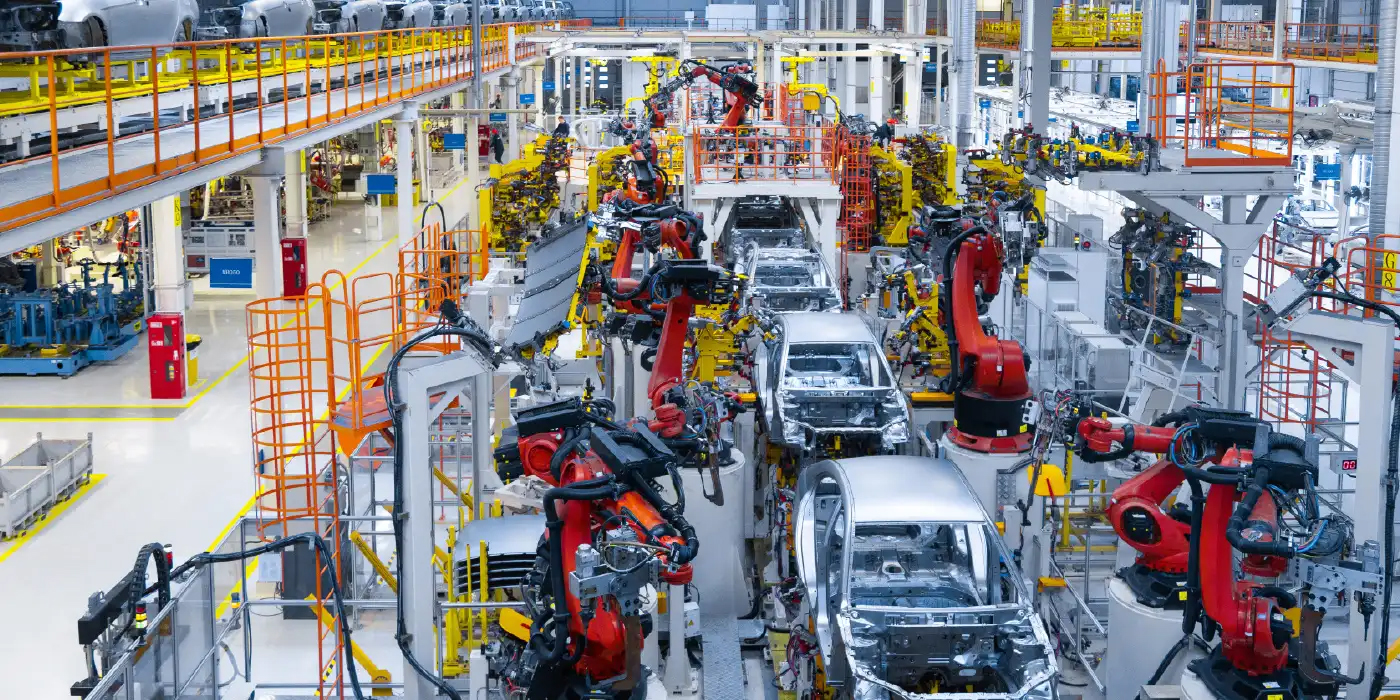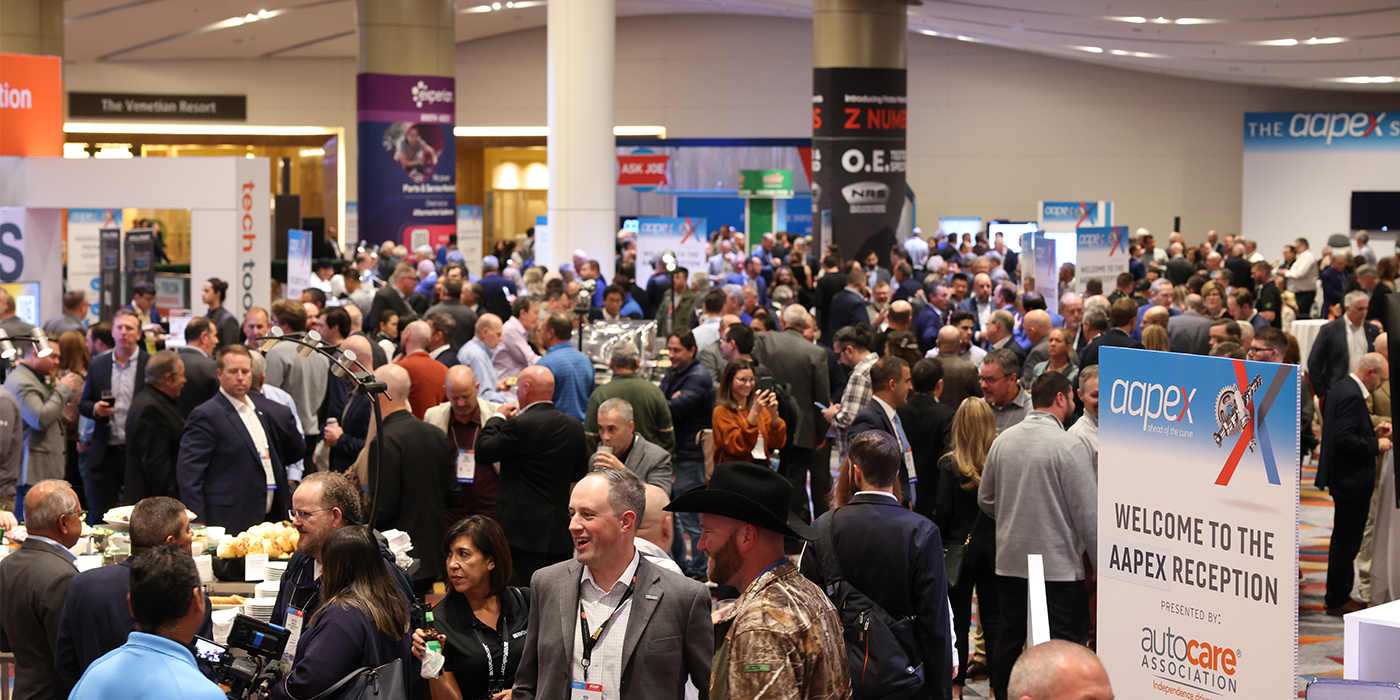Human capital can best be defined as the talent, competencies and commitment of the employees in your organization. It is important to recognize and value the backgrounds, experiences, skill sets and potential within the company. The essence of human capital is to capture, reward and focus the capabilities of your “people power.”
The question is: What lens do you look through when you view your employees? Are they economic elements of your business? (Cost) Or do you see them as critical to the success and growth of your enterprise? (Asset) Do you invest in this asset – through implementing training and development programs, mentoring programs, promotion from within – to ensure you are maximizing your return on investment?
In our changing world, people are more and more critical in this information and service business environment. In the service economy, employee relationships, know-how, talents and abilities are paramount. The right employees, with the right profile and competencies, provide a huge competitive advantage. The companies with the best people win!
We have all read that classic line in annual reports and mission statements: “Our employees are the most important assets of our company.”
The hard question is: Does the leadership of the company actually believe this? And a follow-up question, if I may: How is the statement practiced and reinforced in the organization?
A positive work environment translates into a healthy culture and results in reduced turnover rate, more creative ideas from employees, a decrease in absenteeism and an excellent reputation in the industry; retaining your best people reduces operational costs, raises performance levels and keeps customers coming back.
Human capital is an asset that needs to not only be valued, but also polished like gold! When you treasure your employees, productivity and morale improves. The challenge is to view employees as living dynamic assets and not as a cost. (In a down quarter, the tendency is to cut costs – people). If employees are viewed as a resource to the problem, then a different course of action will be developed – with their involvement! Employees help keep the company competitive! Link your corporate strategies and practices to your employees.
The highest return on human capital (employees) is the quality of the day-to-day relationship between company leadership and employees. There needs to be a connection.
When a leader takes a personal interest in us, we are more stimulated to achieve, happier and less stressed out even with a heavy workload, which many employees deal with each day given the reductions in staff that have occurred over the past few years. When is the last time you surveyed your employees regarding their opinion concerning strategy, communications, morals, etc.? The shifting winds of change can produce fissures within an organization and create confusion, conflicting interests, the lack of accountability and lack of teamwork.
Employees respond to a leader who demonstrates passion (an Italian word), commitment and acceptance of others, who is non-judgmental and has a healthy ego. There is a feeling of equality and compassion. In a healthy organization, relationships nurture employees’ growth and move the company forward. I invite you to envision these waves of possibility. Life is the possibility of possibilities!
When you review your monthly or quarterly balance sheet, I would encourage you to add to the asset side of the ledger, “Human Capital.” What is the worth? Do you cherish it? Do you mentor it? Do you measure it? Do you celebrate it?
I feel that there is a correlation between sales growth and customer service due to the human element. Technology cannot display human interest and a keen interest in the customer!
William Shakespeare in “Measure of Measure” wrote, “Human authority and hierarchy are useful and legitimate when they empower us to take our own initiative but not when they subjugate and belittle us. When authority, civil or otherwise, mirrors healthy leading, it is honorable and wins respect."
Employees respond to appreciation that includes gratitude. The ratio of appreciation to complaint is five to one! To acquire professional growth, employees need encouragement and self-confidence. When leaders show they have faith in others, the person feels valued.
Building on a Legacy
You may have noticed something different this month – a new editor for AftermarketNews.
You may have noticed something different this month – the new face. I’d like to introduce myself as the new editor of AftermarketNews. After serving as the Editor of our sister brand, Tire Review, for the last two years and in the tire industry for the last five years, I’m excited to take on this new assignment with this esteemed brand.
Time to Hit the Road
Outgoing AMN Editor Amy Antenora reflects on her time covering the automotive aftermarket.

‘The Aftermarket Should Not Fear the Future’
Paul McCarthy flipped the script on vehicle technology and its potential impact on the automotive aftermarket.

The Challenge of Organizational Culture, Post-Covid
The impact of Covid on our society and organizations will not be fully understood for many years.

Four Keys to Creating a Succession Plan That Works
Do you have a plan in place to ensure your business maintains its success after you leave?

Other Posts
Commentary: The Power of Team Spirit
Dr. John A Passante & Dr. Thomas Litzinger share their thoughts on the multiplying benefits of adopting a team spirit.

As Cars Keep Aging, What Will The Future Look Like?
The big issue for the next 22 years is how sensors and software that make driving safer impact vehicle serviceability.

Parts and Artificial Intelligence
In the past 25 years, things have changed with the Internet.

The Mission of Leadership is to Build a Learning Organization
Does your organization make space and time for groundbreaking ideas, innovation and inspiration?






